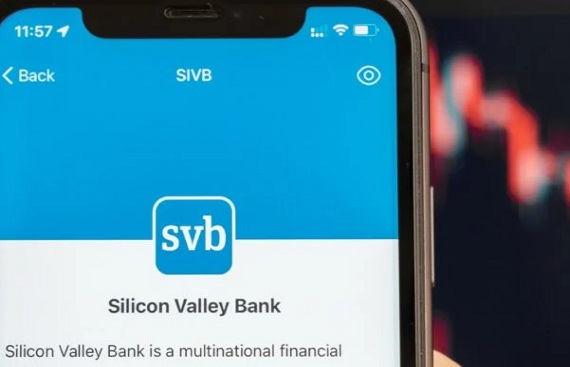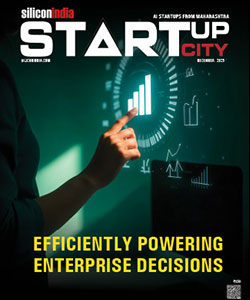Startups will have access to all of their Silicon Valley bank deposits
By Team Startupcity | Monday, 13 March 2023, 09:38 IST

The Silicon Valley Bank crisis has finally been resolved thanks to intervention from the US government. On March 12, Sunday, Treasury Secretary Janet Yellen gave her approval to the Federal Deposit Insurance Corporation's (FDIC) measures to safeguard all depositors. Many entrepreneurs have breathed a sigh of relief after learning that their money was trapped with the bank, affecting their day-to-day operations and delaying staff salaries.
The official announcement also stated that taxpayer losses will not occur, similar to Silicon Valley Bank's resolution. Shareholders and some unsecured debt holders won't be protected, though. The senior management has been eliminated, according to the official announcement. A special tax on banks will be used to make up any losses to the Deposit Insurance Fund from supporting uninsured depositors, as required by law.
Lastly, in order to ensure that banks can adequately service the needs of all of its depositors, the Federal Reserve Board said it will make additional funding available to qualifying depository institutions. The startup community has praised the endeavour and seen this as a vital lesson to learn moving forward.
Silicon Valley bank was closed on March 12 after a stock market crash by 60% followed by a bank run. The California Department of Financial Protection and Innovation, appointed the Federal Deposit Insurance Corporation (FDIC) as the receiver. The FDIC created the Deposit Insurance National Bank of Santa Clara (DINB) to protect insured depositors. At the time of closing, the FDIC, as a receiver, immediately transferred to the DINB all insured deposits of Silicon Valley Bank.
Silicon Valley Bank has roughly $175.4 billion in total deposits as of December 31, 2022, and about $209.0 billion in total assets. The quantity of deposits in excess of the insurance limitations was unknown at the time of closing. Once the FDIC has more details from the bank and consumers, the amount of uninsured deposits will be calculated. The startups impacted by the bank's shutdown may submit claims through the FDIC portal.
Silicon Valley Bank has become a well-known bank among entrepreneurs from around the world seeking to expand to the US. Private equity and venture capital funds were able to conveniently move their investments in companies because it offered them services like banking solutions. SVB collaborated with investors like General Atlantic and Y Combinator.
Startups throughout the world have been concerned about their funds that are parked with the bank since the shutdown. Garry Tan, the president and CEO of Y Combinator, tweeted that 30% of the YC-backed firms exposed by SVB won't be able to pay their employees in the next 30 days, which could cause thousands of startup employees throughout the world to miss out on their paychecks.
To lessen the effects of the bank's failure and prevent a potential "extinction-level event" for Internet businesses, more than 125 venture capital firms signed a declaration. Sam Altman, the CEO of OpenAI, and venture capitalist Vinod Khosla also stepped forward to offer firms on the verge of SVB collapse personal funding.
Read More News :
Fintech startup GrayQuest increases $7 million for funding led by Pravega Ventures
Flipkart cofounder Binny Bansal looks to invest about $100-150 million in PhonePe


.jpg)
.jpg)